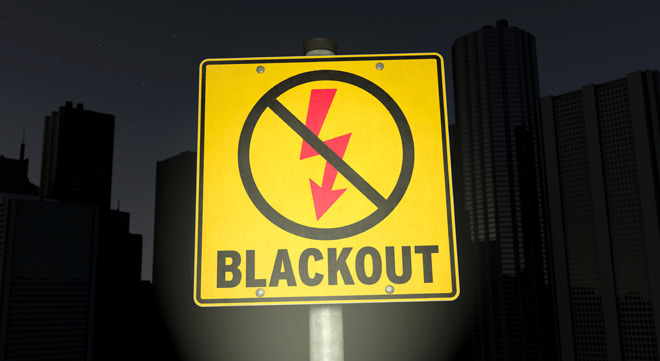The South African Reserve Bank (Sarb) has been planning for how to manage the impact of a regional or national blackout on the financial sector since 2015, the central bank said in a statement last month.
The Sarb’s financial stability mandate requires it to assess potential systemic risks and to mitigate them. This responsibility requires the Sarb to compile and test crisis management plans as part of its ongoing functions.
One of the platforms through which crisis preparedness plans are compiled is the Financial Sector Contingency Forum (FSCF), which is chaired by the Sarb’s deputy governor, Kuben Naidoo.
Its members include National Treasury, the FSCA, the Association for Savings and Investment South Africa, the Banking Association South Africa, the Financial Intelligence Centre, financial market infrastructures (such as the JSE), and other industry bodies and regulated institutions.
The FSCF is tasked with assisting the authorities to identify and mitigate risks that could threaten the functioning and stability of the financial system. These risks include terror attacks, cyberattacks, pandemics, and interruptions of physical infrastructure, such as water, telecommunications, and electricity. The FSCF helps to test and enhance the financial system’s resilience to respond to any such shocks, the Sarb said.
The FSCF has since 2015 been preparing plans to respond to a national or regional electricity grid failure. As part of these preparations, it has been in regular contact with Eskom, the petroleum industry, and the telecommunications industry.
“Crisis management plans are typically based on a range of likely but low-probability scenarios, and the fact that a crisis management plan exists should not be interpreted as a signal that the Sarb is anticipating any specific scenario to materialise,” the bank said.
The FSCF conducts periodic crisis simulation exercises to test the financial sector’s ability to respond to such shocks. These simulation exercises are based on different scenarios.
In 2006, the simulation focused on business continuity amid a natural disaster. In 2013, the simulation tested the effectiveness of the FSCF’s escalation, co-ordination, and communication arrangements in the event of a systemic crisis. In 2017, the exercise focused on a cyber-crisis and was held as a two-day workshop facilitated by the World Bank. In 2022, the FSCF commissioned a report on the lessons learned from Covid-19.
“It is in this context that work regarding a response to a prolonged electricity outage, which may necessitate an orderly closing and reopening of markets, should be viewed,” the Sarb said.
The FSCF was established after the 9/11 terror attacks in the United States by the then governor, Tito Mboweni, as a forum where the industry and regulators could discuss financial stability issues on a regular basis. The FSCF was subsequently formally constituted under section 25 of the Financial Sector Regulation Act.
JSE stockpiling diesel and water
The JSE said last month it had enough diesel on hand to burn in generators and keep its systems running for at least six or seven days. Arrangements were in place to get more fuel and to add to the water stored at the exchange.
A severe disruption to telecommunications caused by power cuts could lead to changes to trading hours and settlement timeframes, the bourse said.
A “comprehensive” response to a total failure of the grid has been shared with “key role-players”, it said, and it has planned for social unrest caused by a diesel shortage.



